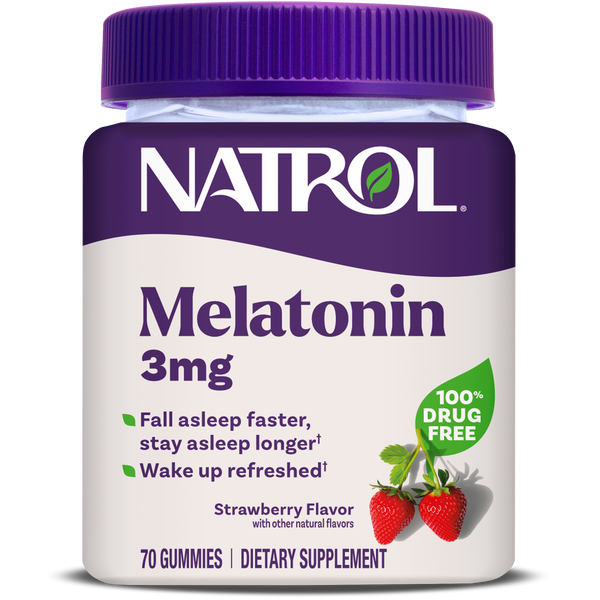Sleep Hygiene Tips: How to Fall Asleep Faster and Wake Up Refreshed
Quality sleep is fundamental to overall health and well-being. It affects physical and mental performance, mood, and even long-term health outcomes. Sleep hygiene encompasses a collection of habits and practices that promote consistent, restful sleep. Implementing effective sleep hygiene techniques can significantly improve sleep quality, making it easier to fall asleep, stay asleep, and wake up feeling refreshed.
Creating a Consistent Sleep Schedule

Establishing a regular sleep-wake cycle is crucial for regulating the body's natural circadian rhythm. This internal clock controls the sleep-wake cycle, hormone release, body temperature, and other important bodily functions. By going to bed and waking up at the same time each day, even on weekends, you reinforce this rhythm, making it easier to fall asleep and wake up naturally.
The Importance of Regularity
Irregular sleep patterns can disrupt the circadian rhythm, leading to difficulty falling asleep (insomnia), waking up too early, and feeling tired throughout the day. Consistency helps synchronize the body's internal clock with the external environment, promoting more predictable and restful sleep. When your body knows when to expect sleep, it prepares itself by releasing melatonin, a hormone that promotes sleepiness, and lowering body temperature.
Adjusting Your Schedule Gradually
If your current sleep schedule is significantly different from your desired one, it's best to adjust it gradually. Shift your bedtime and wake time by 15-30 minutes each day until you reach your target schedule. Avoid making drastic changes, as this can further disrupt your circadian rhythm. Using an alarm clock to wake up at the same time each day, even if you feel tired, helps reinforce the new schedule.
Optimizing Your Sleep Environment

The environment in which you sleep plays a significant role in the quality of your sleep. Creating a sleep-conducive environment that is dark, quiet, and cool can promote relaxation and improve sleep quality. Consider the following factors when optimizing your sleep environment:
Darkness
Light exposure, especially blue light emitted from electronic devices, suppresses the production of melatonin. Make sure your bedroom is as dark as possible. Use blackout curtains or blinds to block out external light sources, such as streetlights or sunlight. Remove or cover any light-emitting devices in the room, such as alarm clocks with bright displays.
Quietness
Noise can disrupt sleep and prevent you from reaching deeper, more restorative sleep stages. Minimize noise by using earplugs, a white noise machine, or a fan to mask distracting sounds. If you live in a noisy environment, consider soundproofing your bedroom with thick curtains or sound-absorbing panels.
Temperature
A cooler room temperature is generally more conducive to sleep than a warm room. The ideal bedroom temperature for most people is between 60 and 67 degrees Fahrenheit (15.5 to 19.4 degrees Celsius). Adjust the thermostat or use fans and blankets to maintain a comfortable temperature.
Comfortable Bedding
Invest in a comfortable mattress, pillows, and bedding that support your body and promote relaxation. Choose materials that are breathable and hypoallergenic to prevent overheating and allergies. Replace your mattress and pillows every few years to ensure they continue to provide adequate support and comfort.
Managing Diet and Exercise

Diet and exercise habits significantly influence sleep quality. Certain foods and drinks can interfere with sleep, while regular physical activity can promote better sleep.
Avoiding Caffeine and Alcohol
Caffeine is a stimulant that can interfere with sleep, especially when consumed close to bedtime. Avoid caffeinated beverages such as coffee, tea, and energy drinks in the afternoon and evening. Alcohol may initially make you feel sleepy, but it can disrupt sleep later in the night, leading to fragmented sleep and early morning awakenings. It is best to avoid alcohol consumption close to bedtime.
Limiting Heavy Meals and Sugary Snacks
Eating a large meal or sugary snack before bed can disrupt sleep by causing indigestion or fluctuations in blood sugar levels. Finish your last meal at least 2-3 hours before bedtime. If you need a snack before bed, choose a light and healthy option, such as a small piece of fruit or a handful of nuts.
Regular Exercise
Regular physical activity can improve sleep quality by promoting relaxation and reducing stress. However, avoid intense exercise close to bedtime, as it can be stimulating and make it harder to fall asleep. Aim to exercise earlier in the day, preferably in the morning or afternoon.
Establishing a Relaxing Bedtime Routine
A consistent and relaxing bedtime routine can signal to your body that it's time to sleep. This routine helps you wind down and prepare for sleep by reducing stress and promoting relaxation.
Avoiding Screen Time
The blue light emitted from electronic devices, such as smartphones, tablets, and computers, can suppress melatonin production and interfere with sleep. Avoid screen time for at least an hour before bed. If you must use electronic devices, consider using blue light filters or apps that reduce blue light emission.
Relaxing Activities
Engage in relaxing activities that help you unwind before bed. Examples include reading a book, taking a warm bath, listening to calming music, or practicing relaxation techniques such as meditation or deep breathing exercises.
Consistent Timing
Perform your bedtime routine at the same time each night to reinforce your sleep-wake cycle. This will help your body anticipate sleep and prepare accordingly.
By implementing these sleep hygiene tips, you can significantly improve your sleep quality and wake up feeling refreshed and energized. Consistent effort and adherence to these practices are key to achieving long-term improvements in sleep.

Comments
Post a Comment